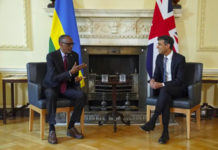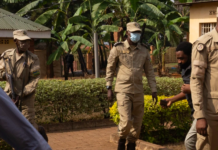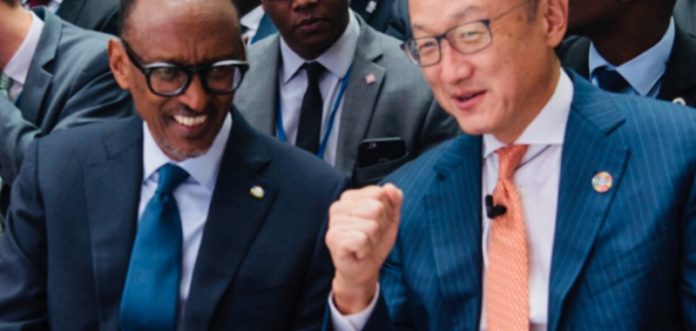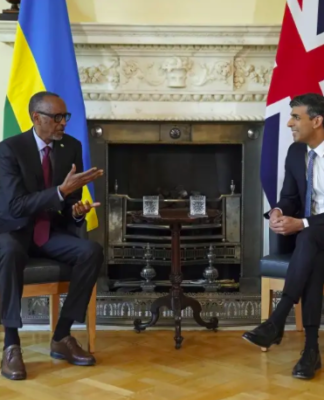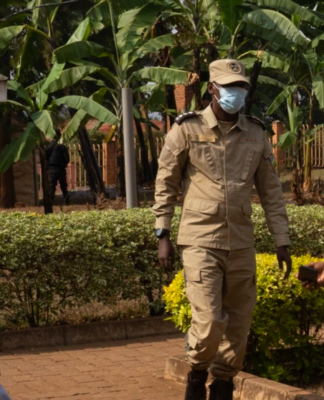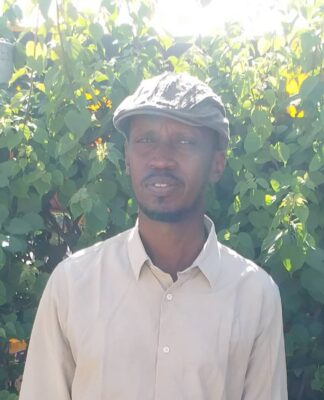By David Himbara
In October 2017, the President of the World Bank, Jim Yong Kim, famously invited General Paul Kagame to give a keynote speech on human capital. In his speech, Kagame said wonderful things: “Human capital is without doubt the driver of high-income growth and the foundation of prosperity. This is not an abstraction. We are talking about people in real terms.” Kagame added that “the trajectory and velocity of progress are determined by how well we use the capabilities acquired in the earliest stages of our lives.” These are indeed profound statements by the Rwandan General — no human capital, no socioeconomic development.
Kagame most likely left those words at the World Bank — he is a disaster at creating human capital.
That Kagame is a disaster in human capital cannot be seriously disputed. Ironically, evidence comes from the same World Bank that invited Kagame to address the topic. The World Bank’s Human Capital Index (HCI) which examines the productivity of next generation of a country’s workforce illustrates the disaster in Rwanda. Human capital index uses five indicators, namely: (1) the probability of survival to age five, (2) a child’s expected years of schooling, (3) harmonized test scores as a measure of quality of learning, (4) adult survival rate (fraction of 15-year olds that will survive to age 60), and (5) the proportion of children who are not stunted. HCI measures the noted five indicators in 157 countries. In Eastern Africa, Kenya is ranked at 94 in the world. Tanzania, 128; Ethiopia, 135; Uganda, 137; Burundi, 138; Sudan, 139; Rwanda, 142; and South Sudan, 156. In other words, only South Sudan is worse than Rwanda in the region.
Rwanda’s Human Capital Index Is At The Bottom Of The Heap.
As HCI data on Rwanda shows, the problem in begins early among the children — ”37 out of 100 children are stunted, and so at risk of cognitive and physical limitations that can last a lifetime.” Once in school, Rwandan youth barely have teachers.
“Less than half of teachers are at the “intermediate level” in English. A lack of proficiency in the language of instruction inevitably affects student performance not only in English reading, writing, and speaking ability but also in all other subjects that are taught in English, including math, science, and social studies…The latest numbers suggest that just 8 percent of tertiary-age youth are enrolled in tertiary education.”
At the end of her visit to Rwanda in 2018, the World Bank’s CEO, Kristalina Georgieva stated: “children born in Rwanda today will achieve just 37% of their potential. This is a tragedy, but we are pleased that the Government recognizes the scale of the challenge and is embracing the Human Capital agenda. President Kagame is Global Champion for the Human Capital Project.” We wish Kagame the champion best of luck.

